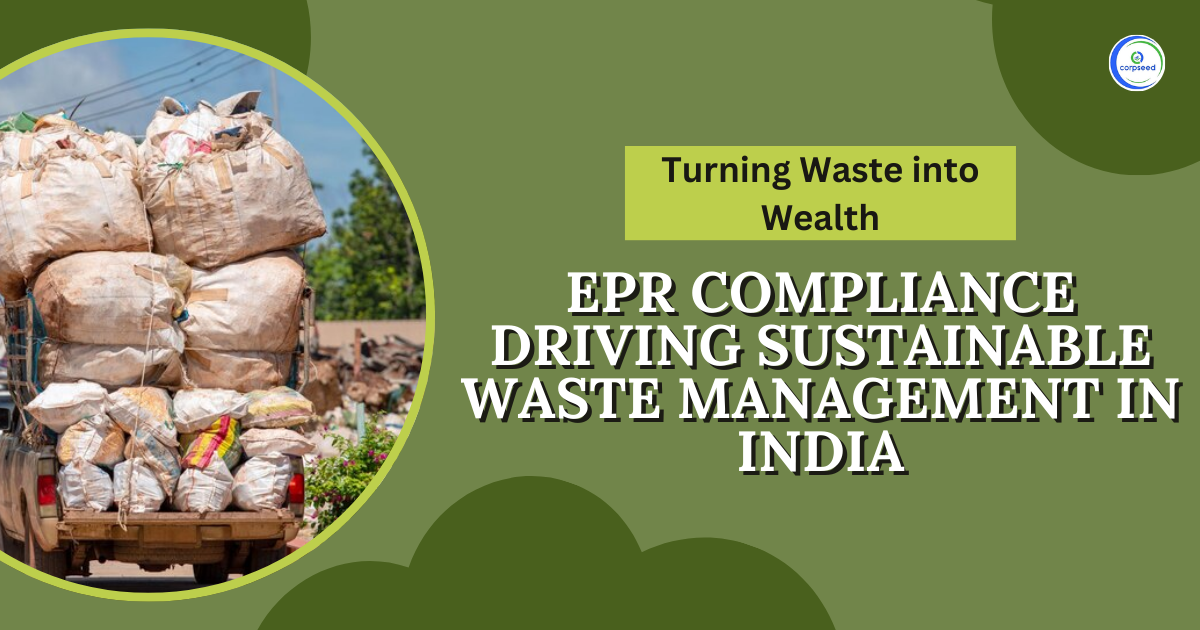Recently, the Central Pollution Control Board issued a notice to the E-Waste Producers and the E-Waste Recyclers regarding the EPR Certificate generation from the EPR portal. EPR Portal is a web portal managed by the Central Pollution Control Board. It manages the applications for authorization and other information which is uploaded by the producers, importers and recyclers. It works as a database of the extended producer responsibility for waste management.
Table of Contents
--------------Blog Contact Form-------------
What is EPR Certificate?
EPR Certificate is generated through the CPCB portal. The recyclers have a responsibility to generate these certificates and provide them to the producers after recycling their e-waste. Together this mechanism informs the Central Pollution Control Board about the total recycled e-waste and the updated EPR liabilities of the producers. Accordingly, CPCB adjusts the EPR liabilities for the producers and importers for the next year.
What is the New CPCB Notification About?
The new notification is released by the III Division of Waste Management of the Central Pollution Control Board. It is addressed to the E-Waste Producers and E-Waste Recyclers. The CPCB has provided the following instructions through this notification-
- The E-Waste Recyclers need to maintain the records of Sales and Purchase of End Products generated after the recycling process.
- The Records shall be maintained for each end product that is produced through the recycling of e-waste.
- The invoices of such sales and purchases must be maintained along with the records.
- These invoices shall be GST linked.
- The E-Waste Recyclers need to obtain such invoices from the GST Portal.
- E-Waste Producers are also instructed to accept the GST-linked invoices from the E-Waste Recyclers as proof of recycling.
What is End Product?
End products are the products that are recovered from the e-waste after processing it in the recycling plant. Such products are sold by the E-Waste Recyclers to earn their profit. Such sales now must be recorded and invoices for the same should be generated through the GST portal. Such sale invoices may be provided to the E-Waste Producers and the same shall be considered proof of recycling.
Purchases of E-Waste Recycler
The E-Waste Recyclers buy the raw materials for recycling. This raw material is the e-waste collected from collection centers and various other sources. Producers also transport this e-waste to the e-waste recyclers and obtain EPR Certificates which they need to fulfill their EPR Targets. Now recyclers need to generate a purchase invoice when purchasing the raw e-waste from the e-waste producers.
GST Linked Invoice
GST stands for the Goods and Services Tax. There is a portal managed by the GST Council where businesses need to register to comply with the GST Rules. They can create an account on the portal after registering with the GST Network, once they are registered in the GST network, they can create GST-linked invoices for the sales and purchases they make.
How to Issue GST Linked Invoice?
The recycler needs to go through the following steps to issue a GST-linked sale and purchase invoice-
- You need to sign up for GST with the Goods and Services Tax Network (GSTN) and get a unique GSTIN.
- The recyclers will require some important details like their business name, address, and GSTIN, as well as producer details including their GSTIN, invoice number, date, place of supply, description of goods, quantity, and GST rate and amount.
- Then create the invoice using GST-compliant accounting software or templates after filling up all the necessary fields.
- Make sure your business details including the GSTIN and customer details, invoice number, date, and place of supply are clearly mentioned.
- Provide a clear description of the goods or services supplied, along with the quantity and unit of measurement.
- Determine the applicable GST rate and calculate the GST amount based on the taxable value. Separate CGST and SGST or UTGST amounts.
- Add the taxable value and the GST amount to find the total invoice amount.
- Generate a PDF or print a hard copy of the invoice to share with the customer. You can also send it electronically via email or another method.
- Maintain a copy of the invoice for record-keeping purposes, as it is mandatory under GST regulations.
Conclusion
As the notification suggests, the Central Pollution Control Board wants to verify the recycling of e-waste using the invoices instead of the EPR certificates. It was easy and straightforward with the help of EPR certificates to verify whether the producer has recycled his due e-waste or not. Now the Invoices for the sale and purchase of end products will verify the same. To ensure the safety and security of the transactions, it is also made mandatory by the CPCB to use only GST-linked invoices. GST-linked invoices will help to instantly verify the transactions through the GST Portal and help CPCB to verify the recycled material and the EPR liability of the E-waste producers subsequently.
This portion of the site is for informational purposes only. The content is not legal advice. The statements and opinions are the expression of author, not corpseed, and have not been evaluated by corpseed for accuracy, completeness, or changes in the law.
BOOK A FREE CONSULTATION
Get help from an experienced legal adviser. Schedule your consultation at a time that works for you and it's absolutely FREE.


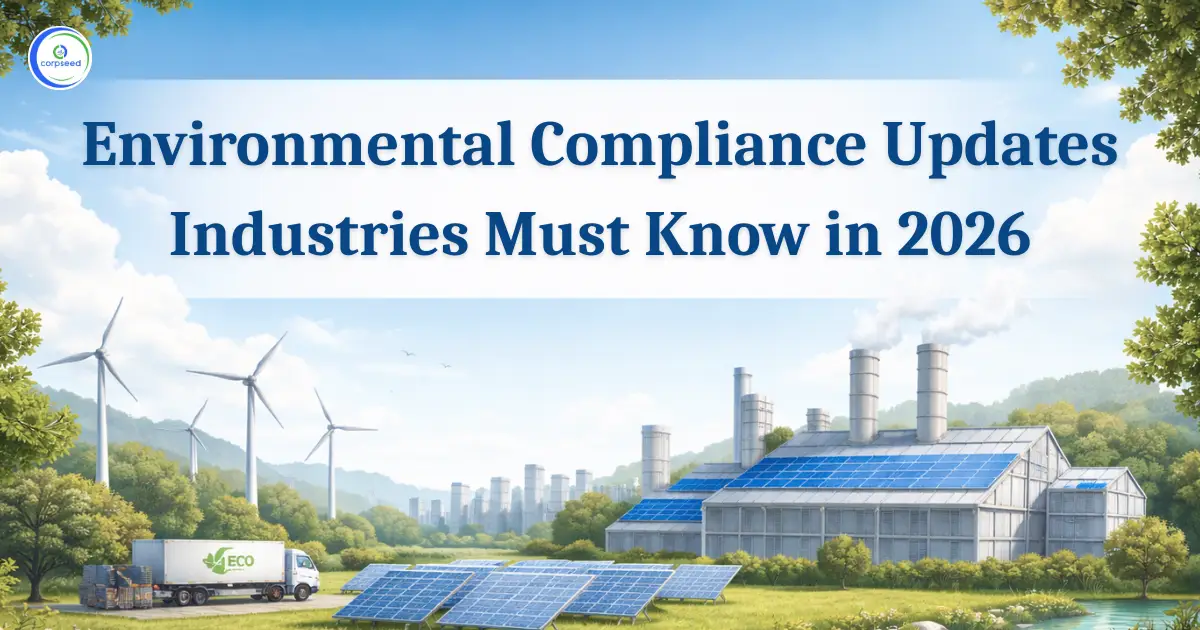
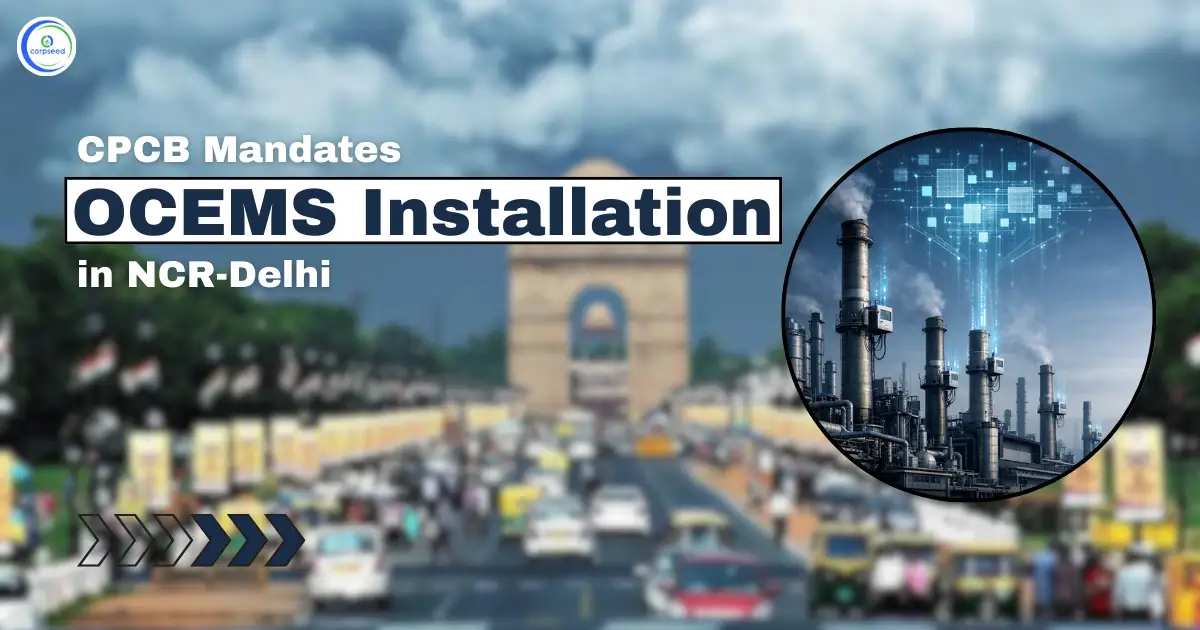
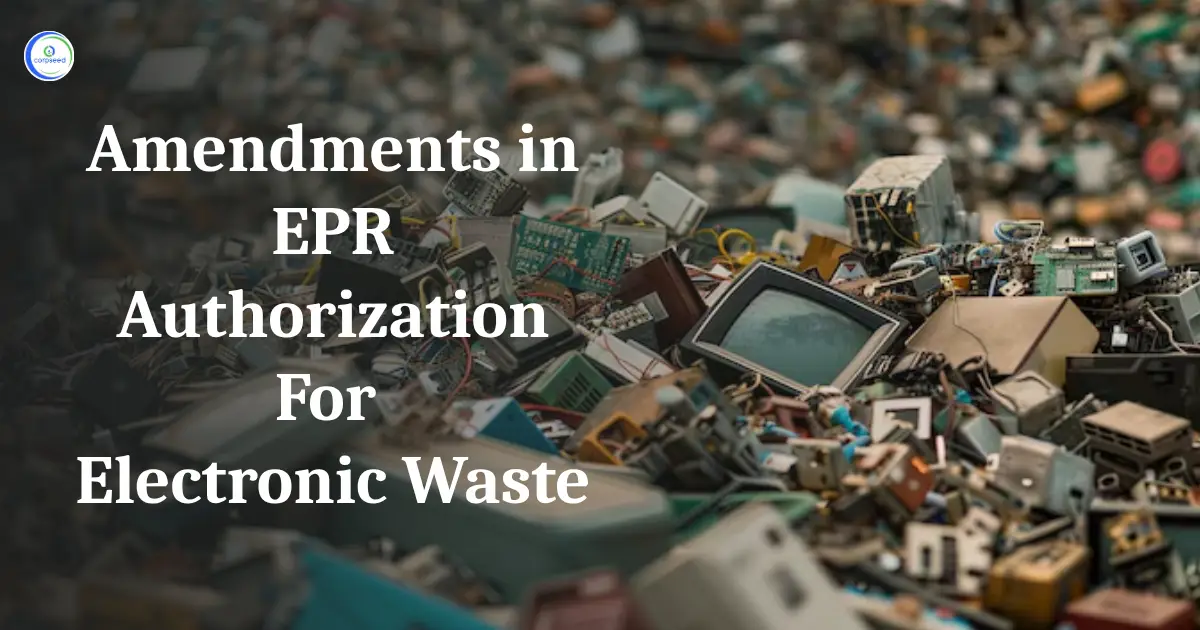
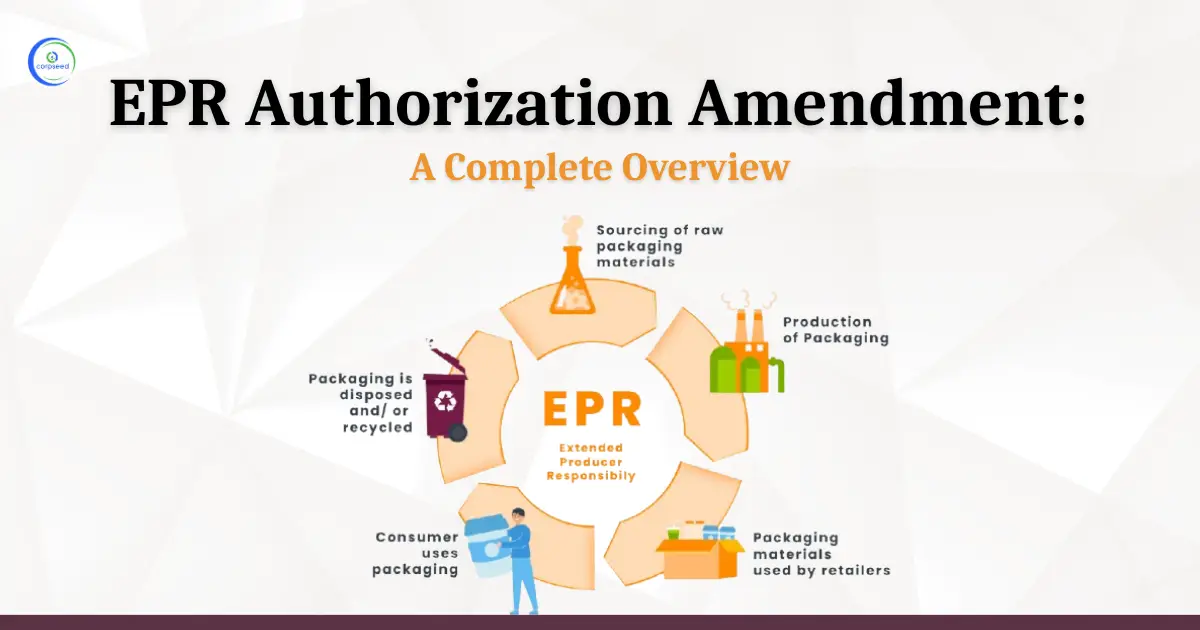
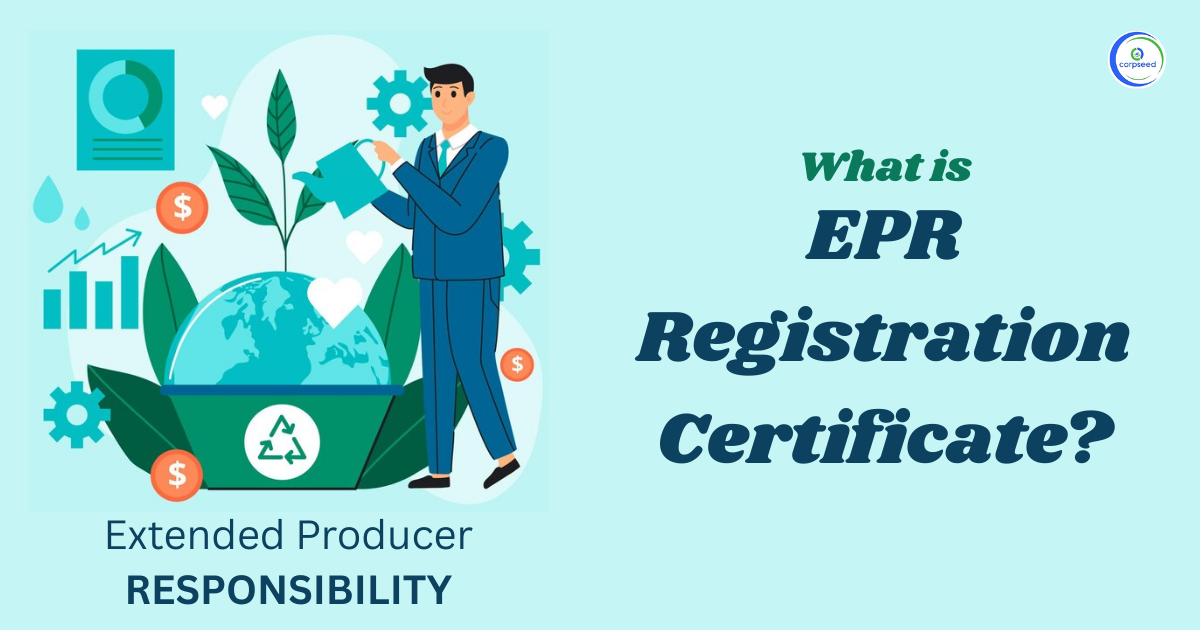
.webp)
